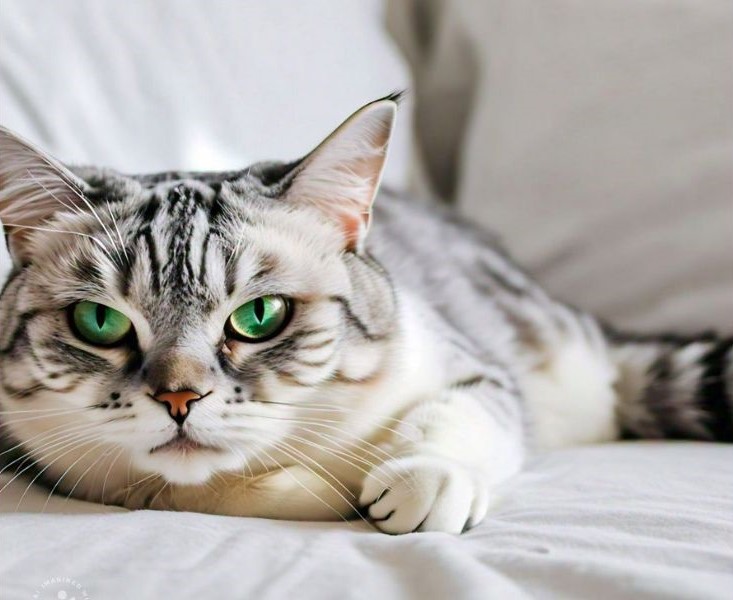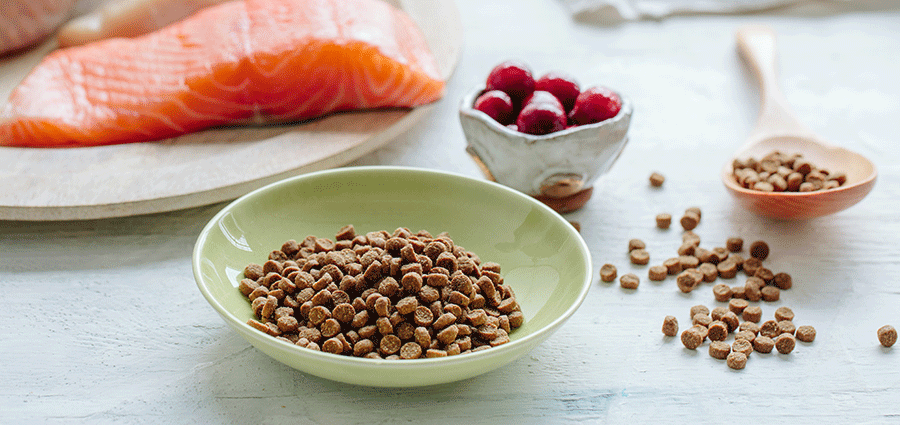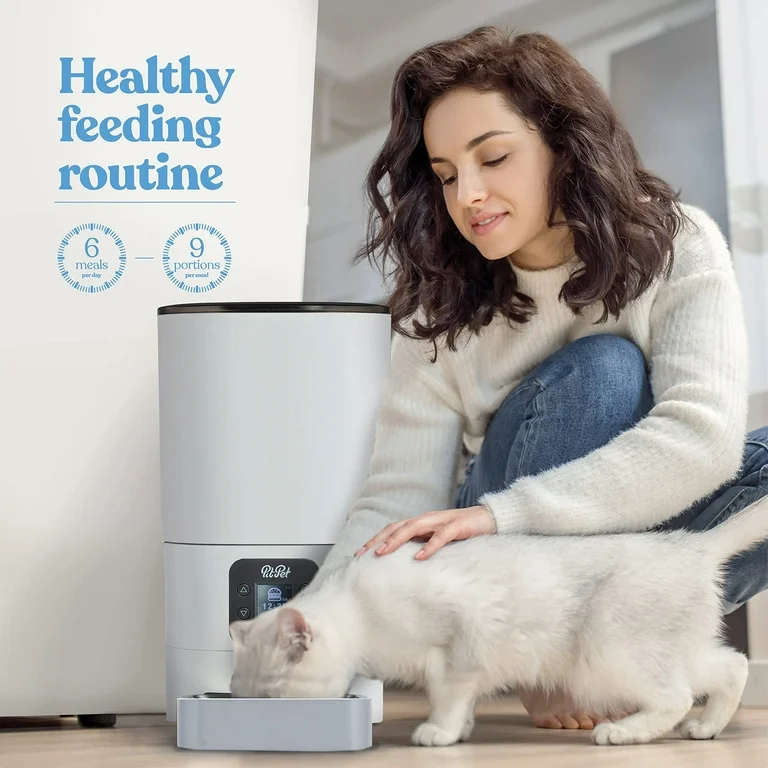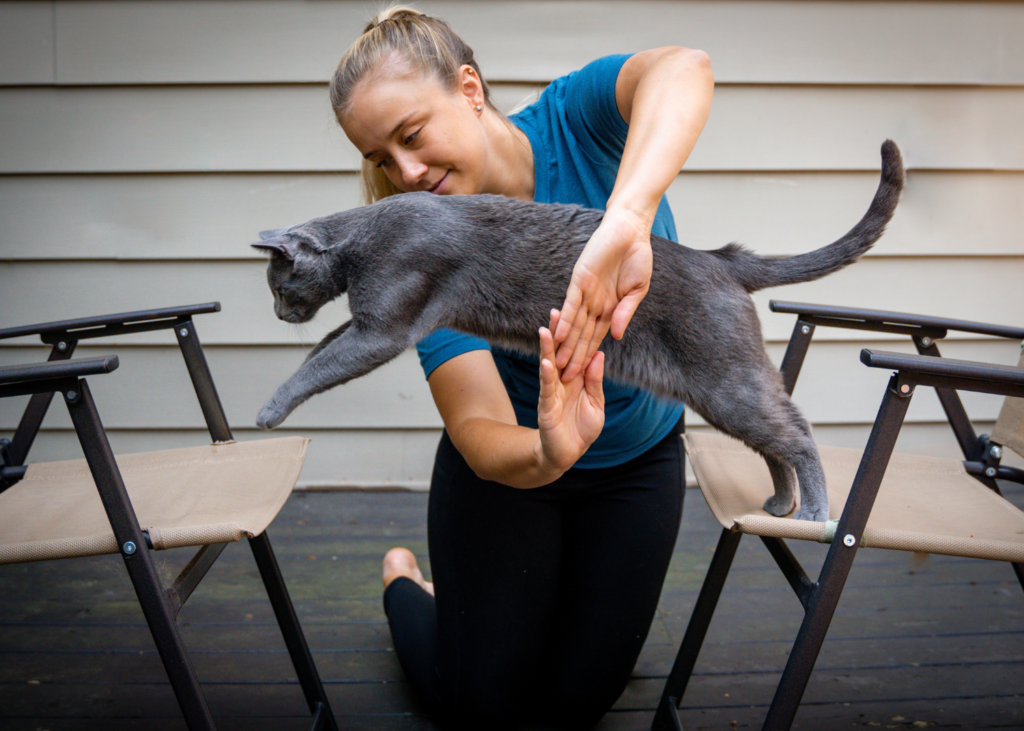The key element for maintaining your overall happiness, mobility, and longevity as a cat is holding a healthy weight. Fit cats lead more active and interactive lifestyles.

The unfortunate reality is that most cats are sadly overweight by 20% or more compared to their normal weight counterparts, but again, the bright side is that it is preventable with proper care and management!
Why Healthy Weight in Your Cat Matters
Excess weight might reduce a cat’s quality of life. The overweight cats might engage less with their families and hence become less active, playful, and generally more lethargic. Furthermore, obesity may increase the risks for many health issues and, some of them are outlined below.
Also See: cat weight gain dry food
Common Causes of Cat Obesity
Obesity in cats is triggered by various factors similar to those in humans. Yet, it is imperative to establish whether there are underlying medical conditions that may have caused your cat to gain weight prior to initiating a weight-reduction program. Some common reasons for cat obesity include:
- Overfeeding and unhealthy feeding habits
- Genetics
- Less activity
- Spaying or neutering
- Medical conditions like hypothyroidism, Cushing’s disease, or diabetes
- Certain medications
- Stress or pain
Ways to Help Your Cat Reach a Healthy Weight
Also Related: Dry vs. Wet Cat Food: What’s the Best Choice for Your Cat?
Being over-weight in cats requires support from a veterinarian because there are many ways in multiple forms. Here are some simple ways to help your kitty lose some pounds.
- Take Steps to Identify Underlying Medical Conditions Before you even attempt any plan to reduce your cat’s weight, make sure there isn’t a medical condition contributing to the weight gain. Determine and treat these problems as quickly as possible.
- Follow your vet’s advice If your veterinarian finds that your cat should reduce some weight, do just that. Veterinarians commonly lay incremental targets for the removal of weight and sometimes order prescriptive diets, should your kitty need them. Frequent weigh-ins will be also useful in following-up their progress.
- Evaluate Your Cat’s Diet Quality of cat food varies and some packs contain unnecessary sugars or excessive fat. Wet food is less calorie and more moisture as compared to dry food. Gradually change over to a healthier brand choice under the watchful care of your veterinarian to support your cat on its weight-loss journey.
- Measure Daily Portions Overfeeding is one of the most common causes of feline obesity. A measuring cup or scale can help portion your cat’s daily food. A regular schedule of timed feeding instead of freefeeding lets you control how much your cat eats.
- Encourage Daily Exercise. Regular physical activity should be one way of keeping your feline friend in shape and healthy weight. Interactive play such as wands or laser pointers triggers your cat’s natural hunting instincts and keeps them active. Consider having daily play sessions at consistent times to keep them engaged.
- Use Puzzle Feeders. Puzzle toys can make mealtime a fun challenge, and they can help discourage overeating. Simple DIY puzzles, such as cutting holes in a paper towel roll or hiding treats in a paper bag, can encourage your cat to “hunt” for their food, thereby stimulating their mind and exercising them.
- Monitor Progress Weekly Record the daily food consumption, activity level, and weekly weight of your cat. Weigh your cat weekly using the same scale at the same time of day, and look for trends. Gradual weight loss should be 0.5–1 pound per month. Your vet will be able to provide you with specific recommendations.
- Resist Begging At first, transition to the healthier diet may encourage vocalization and begging behaviors. Although temptation does arrive, persistence pays off. You do all this for your cat’s better life anyway.
If you think your pet may be unwell, contact your vet right away. For any health concerns, always consult your veterinarian, who understands your pet’s health history and can provide the most accurate advice for their well-being.







